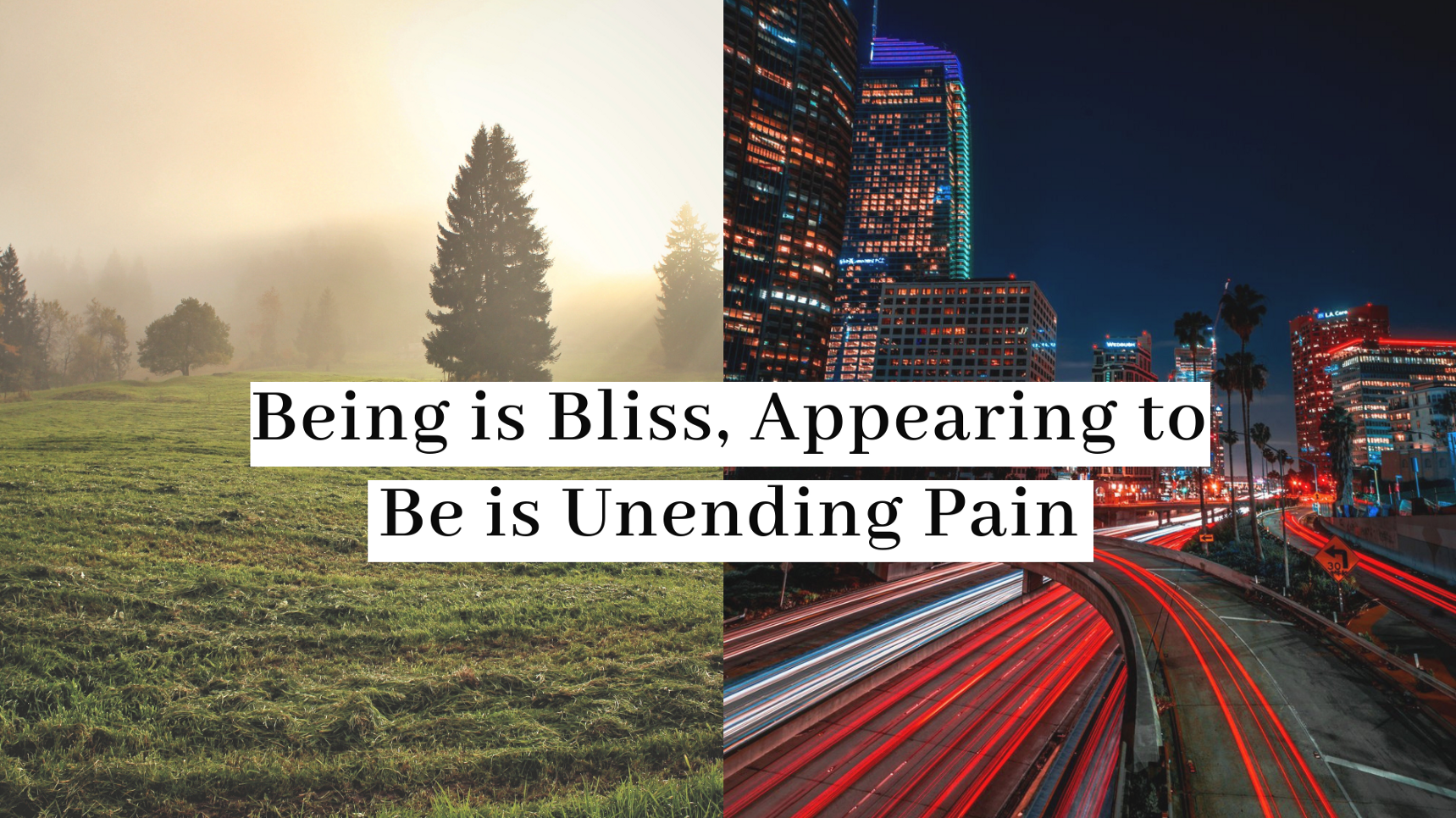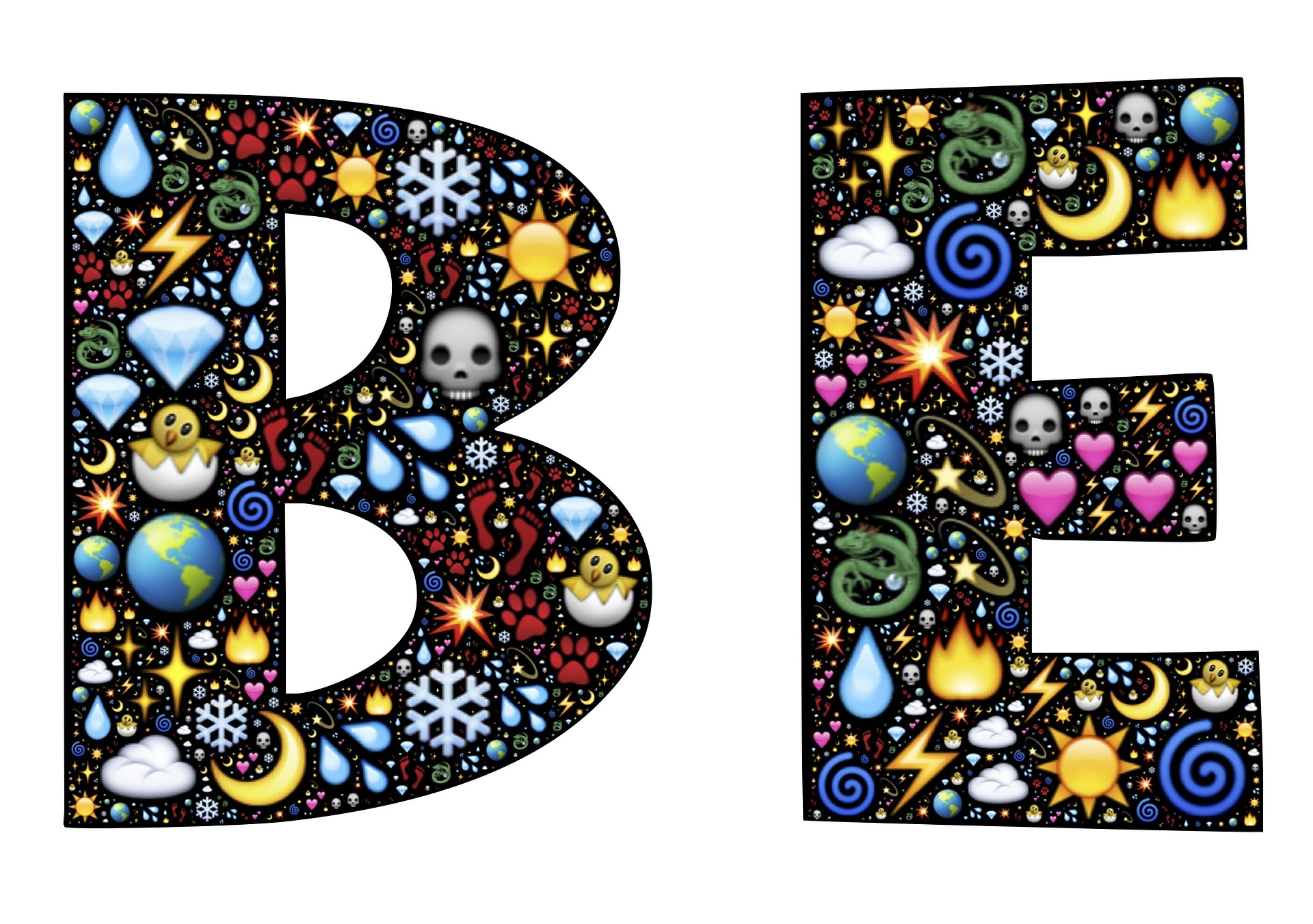‘Being’ is bliss, ‘appearing to be’ is unending pain. Yet, in the real world, you are always required to appear to be someone you are not. This does not allow your natural expression to unfold. As a result, you are many times in situations you don’t like, and feel being under pressure. You appear to be calm on the surface while in reality, you’re screwed up from within. It is important to realize that sometimes you need escape from the perceived reality to be really yourself instead of appearing to be so.
Is Escapism Good or Bad?
You escape in order to seek distraction from unpleasant realities of life. It’s not always wrong. It’s not like one should keep at it all the time and never look for solace. But, the question is for how long? It’s worth taking some time to observe your escapist patterns. Because prolonged escapism can have an impact on your mental health.
If the escape is a hideaway, a respite from uncomfortable situations, then it is crucial for your mental health to fulfill this need. On the other hand, If you are escaping to avoid a reasonable situation or responsibility, then you are compromising your dignity in favor of truancy, ignorance, isolation, etc.
Sometimes, distracting yourself with fantasizing or playing a game, or letting your mind wander may be exactly what your brain needs. Think of escapist activities as necessary breaks. It’s great to go off the shore and enjoy a gorgeous sunset during weekends. That’s healthy. But if you hold on to that hideaway, your real life would fall apart, and even the fun of the place would eventually come to an end. That’s harmful. Like nearly everything in life, balance is the key.
What Escapism Does to You?
To escape from strong emotions and bitter realities, you tend to indulge in chronic avoidance. You may compulsively go on dates to deal with the feeling of loneliness, or have a glass of whiskey every evening to push aside events and interactions of the day. You may also spend hours on social media to eschew the fact that you have very few friends and confidants in real world. These are the examples of chronic avoidance that offer quick escape from immediate reality while creating some long term problems. With Chronic avoidance, your mind gradually starts to see even simple tasks as daunting.
According to Psychotherapist Dr. Michael J. Hurd, escapism drives you away from important things like work, family, friends, and the rest of the real world, thus it has negative implications. However, he further says, escaping for the sake of refueling or recharging yourself mentally is good.

What are You Running Away From?
This quest for hideaway is not about disengaging from external world but from your own self. You escape from constant struggle between your nature and the real world so as to hold on to the self-image that you have in your mind. This never ending struggle leads to indulgence in escapist habits, inviting more chaos into your life. You are escaping from reality, avoiding the state of bliss that awaits you.
Then why Does Escape Become Necessary?
So you don’t go insane. Constantly brooding over difficult situations (ones you can’t escape easily) is not always good for you. It causes severe mental strain which is pretty harmful to your body and mind. Escapist behaviors are coping mechanisms and they can help reduce sense of helplessness and increase resilience. That said, you should not get lost to the extent of completely living in the influence of escapism.
Are Escapist Habits the Best Respite?
That drink at the end of the day should help you deal with momentary stress and is not meant to delay your problems for future. You have to determine whether that drink is helping you or harming you. Could there be a better option? Maybe you could calm yourself before picking up the glass. Meditation for 10 to 15 minutes, a leisure walk in the neighborhood or listening to good music can also do the trick for you. Scrutinize your escapist habits and see if there is any healthier and better alternative.

Is This How You Want to Live Your Life?
Escapist activities like entertainment, say binge watching, can be fun on weekends for recreation. Problem is when you spend every weekend doing the same, ignoring social and other important aspects of your life. Does this behavior align well with how you want to live your life? Spending time watching TV or scrolling through the Internet to avoid friendships, social relations, responsibilities or reality in any context is reckless behavior.
In the process of “appearing to be” you disconnect from your real nature. “Appearing to be” something else that you are not takes a lot of strain. The best way is to ‘Be’ instead of ‘appearing to be’.
When it is not possible to totally bridge the gap, you can take baby steps and bring the numbers down. Say reducing the time in which you ‘appear to be’ by 10 minutes every day. Align your created reality and tone it down to bring it in line with what you really are. It may be hard on your ego but has long-term benefits. Till then you can resort to the escapists’ route that is healthy and not addictive. The goal remains that when you are in the ‘be’ state, you will be in bliss; and when you ‘appear to be’ you are creating agony for the future.
You can mould clay into a vessel; yet, it is its emptiness that makes it useful. ― Lao Tzu


